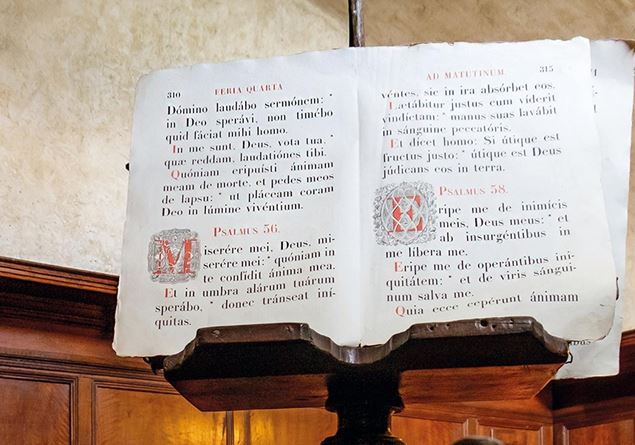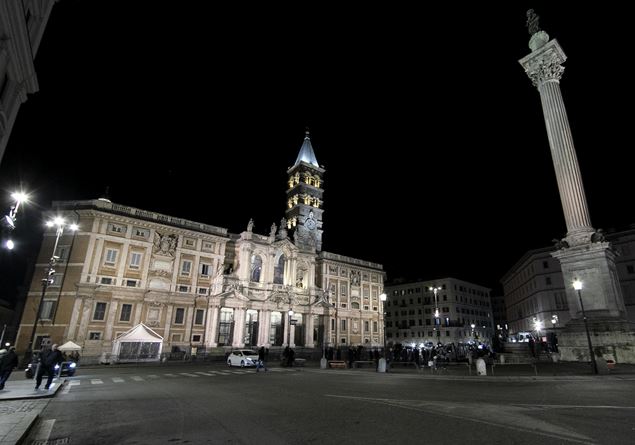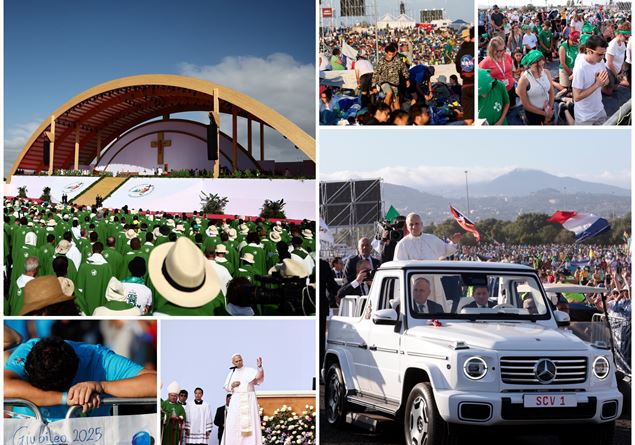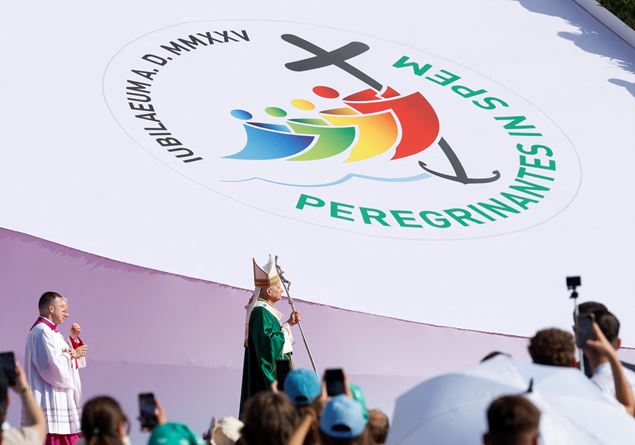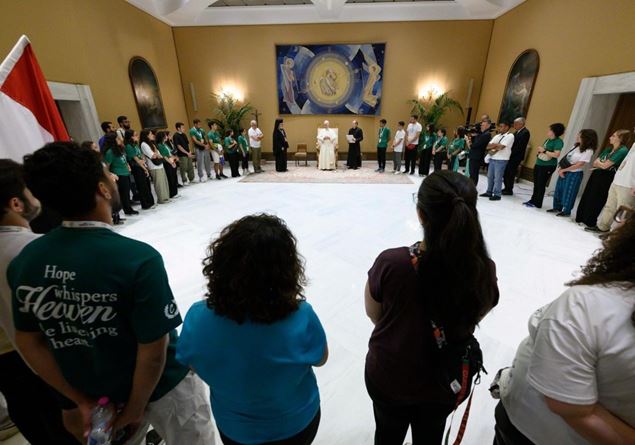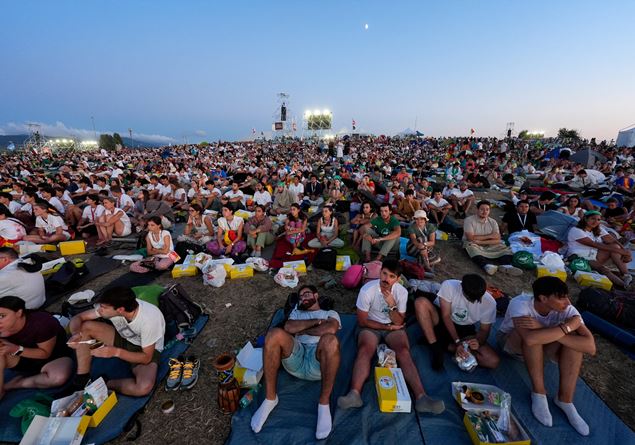The one for the psalms? It is an “obsession”. Or rather, a relationship that has lasted for decades. To talk about it is Davide Brullo, poet and director of the Pangea magazine, curator of the project of the Pyntrium of Poets who will be presented at the 21st edition of the Biblical Festival of Vicenza. «When I was 20, in Milan, I had a master Remo Cacitti, professor of ancient Christian literature. I had no classical studies behind him and he somehow challenged me to the knowledge of Hebrew, the “language of the angels”. I collided with a language that has never left me anymore. Some words were untranslatable in Italian, I tried almost crazy experiments. So my very first book was a translation of ten psalms and three minor prophets ». This challenge “Until the last Sillaba” Brullo wanted to participate with other poets, also called to confront the book of psalms. The results will be presented at the Festival, and not only with a volume. There will be a space in which the texts can be listened to, and workshops in which poets will share their experience.
How did the idea of this poet’s plural “convocation” come about?
«We wanted to understand the relationship between the contemporary verb and the biblical verb. In Italy we had sporadic, bright translations of the psalms – I think of David Maria Turoldo or Guido Ceronetti – but there was no overall job that used the psalms as a sort of ax within contemporary literature. Such a convocation has never been dared in Europe. It started as a challenge and, gradually, this nucleus of 33 poets was formed ».
A number full of meaning. Want or random result?
«The initial call had been wider. It seemed to us a providential sign. Not everyone felt they participated in an operation that assembles well -known poets and other unknown people, Christian and agnostic poets, poets who have translated from Hebrew and others who have turned to other languages. There are those who have translated a psalm from the seventeenth -century version of the Bible of King Giacomo. Others from the German version. Who from the Latin and who from the Greek. And there are those who have redone the Italian version. A spectacular spectrum of translating possibilities and lyrics together has been deployed ».
But are they translations or rather of rewrites?
«The question takes sense. We do not want to replace the official version of the CEI, which is fine, but to throw the poet in a sacred space: in the temple. But in the temple there are both those who are in the need to pray and those who overturn the baptismal font. And so the poets acted with extreme freedom. There are those who have translated into an almost exegetical way, and those who have let themselves be dragged by the psalm in a provocative direction for the reader “.
Continue reading the article by purchasing the number to believe on newsstands from Thursday 15 May and in the parish from Saturday 17. Or buy your digital copy for 0.99 euros on www.edicolasanpaolo.it/
(photo above: Istock)





